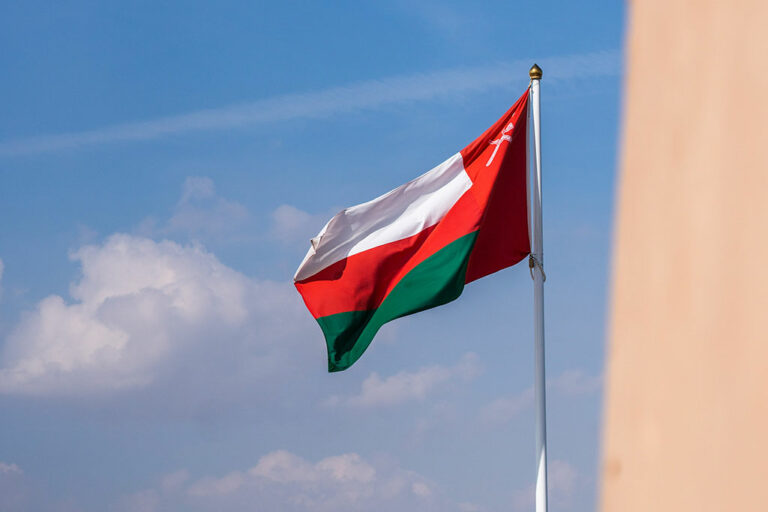Oman disclosed a partnership of $300 million with Abu Dhabi’s Phoenix Group to establish a 150-megawatt crypto mining facility in collaboration with Green Data City.
This month in August, the Sultanate of Oman announced some multi-million investments in its crypto mining operations in its recent attempt to embrace digital assets. Reportedly, Oman is pursuing a strategy to make it a digital hub in an increasingly competitive region.
In August, the Omani government unveiled new investments worth approximately $800 million in cryptocurrency mining. On August 23, Oman disclosed a partnership of $300 million with Abu Dhabi’s Phoenix Group to establish a 150-megawatt crypto-mining facility in collaboration with Green Data City—a licensed crypto-mining entity in Oman.
This facility will become operational in the upcoming year. Prior to this, the capital city Muscat gave the green light to a $370 million project managed by Exahertz International, which intends to deploy an additional 15,000 mining machines by October, as reported by local news sources.
This investment is a “major milestone” in Oman’s work to “help to accelerate the growth” in the digital economy, said Said Hamoud al-Maawali, Oman’s Minister of Transport, Communications and Information Technology.
Oman’s fresh investments into crypto mining come at a time when the big financial giants have been warming to cryptocurrencies. However, the bigger question here is whether Oman’s crypto investments are Sharia-compliant.
Are Oman’s Crypto Investments Sharia Compliant?
In accordance with Islamic law, known as sharia, there exist specific financial principles that determine the moral permissibility (halal) or prohibition (haram) of certain activities. According to some Islamic scholars, the speculative nature often associated with cryptocurrencies renders them impermissible, a perspective that has led to the issuance of fatwas (Islamic legal opinions) by influential Islamic organizations in countries such as Turkey, Egypt, and Indonesia, the world’s most populous Muslim nation.
However, there are alternate views asserting that cryptocurrencies can be considered halal under Islamic law due to the absence of interest (riba) inherent in the ownership of tokens like Bitcoin – an aspect that would be deemed unfavorable under sharia. Additionally, proponents argue that the widespread acknowledgment of cryptocurrencies as a form of currency could lend support to their halal status.
While the discourse among Islamic scholars persists, nations with Muslim populations have emerged as prominent adopters of cryptocurrency in recent times.
As highlighted in a report by Chainalysis in October 2022, the regions of the Middle East and North Africa, predominantly comprising Muslim nations, experienced rapid growth in the cryptocurrency markets during that year. Chainalysis’s Crypto Adoption Index showcased that four out of the top twenty nations leading in crypto adoption were countries with Muslim majorities. Additionally, countries with substantial Muslim populations, such as India and Nigeria, also featured prominently in this category.
next